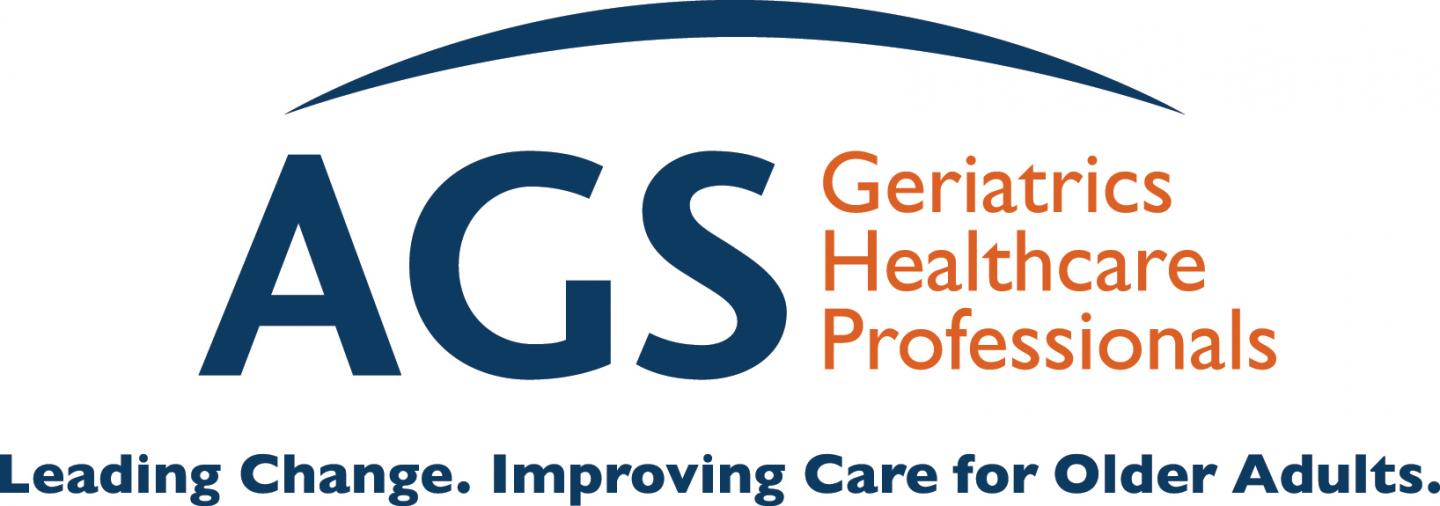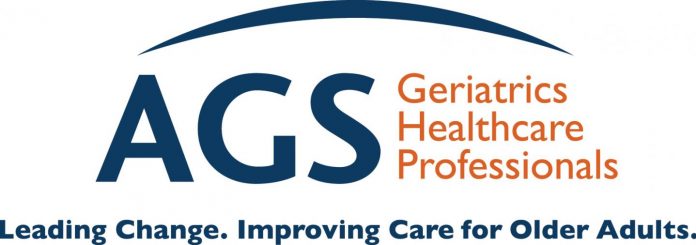
IMAGE: Founded in 1942, the American Geriatrics Society (AGS) is a nationwide, not-for-profit society of geriatrics healthcare professionals that has–for more than 75 years–worked to improve the health, independence, and quality…
view more
Credit: (C) 2020, American Geriatrics Society
The American Geriatrics Society (AGS) today joined organizations across health care, international development, and science in criticizing the Trump Administration’s move to withdraw the U.S. from the World Health Organization (WHO).
“Simply put: The WHO is vital to who we are–and who we can become–as we age,” notes AGS President Annette Medina-Walpole, MD, AGSF. “At a time when so many hard-won victories for creating age-friendly communities and health are jeopardized by crises like COVID-19, we need to stand indivisible and support international cooperation critical to high-quality, person-centered care for us all.”
As the United Nations agency responsible for public health, the WHO has played a key role in improving health, safety, and independence for us all as we age. Founded after World War II, the WHO employs more than 7,000 workers spread across 150 offices that alert the world to threats, fighting diseases, developing policy, and improving access to care, including for older adults.
The WHO has dedicated this decade (2020-2030) to healthy aging, and will be bringing governments, civil society, international agencies, professionals, academia, the media, and the private sector together for ten years of “concerted, catalytic and collaborative action to improve the lives of older people, their families, and the communities in which they live.” In years past, the WHO also has been instrumental in ensuring that the needs of older people are factored into sustainable development plans and that priorities like increased longevity and chronic disease management remain at the forefront of health and care.
In 2019, the U.S. contributed more than $550 million to the WHO, whose biennial budget exceeded $6 billion in 2018-2019. Eliminating that funding jeopardizes health both in the U.S. and abroad, as American investment powers the WHO to ensure the health and safety of the public worldwide by:
- Eradicating polio.
- Responding to outbreaks and health crises.
- Addressing vaccine-preventable diseases.
- Responding to HIV and hepatitis.
- Promoting treatment and prevention for tuberculosis.
- Developing country health emergency preparedness and international health regulations.
- Orchestrating infectious hazard management.
- Powering emergency operations in health settings.
- Propelling reproductive, maternal, newborn, child and adolescent health.
- Ensuring access to medicines and health technologies.
“In our interconnected world,” Dr. Medina-Walpole noted, “withdrawing from the WHO will risk the health of older adults worldwide, including here at home in the United States.”
###
About the American Geriatrics Society
Founded in 1942, the American Geriatrics Society (AGS) is a nationwide, not-for-profit society of geriatrics healthcare professionals that has–for more than 75 years–worked to improve the health, independence, and quality of life of older people. Its nearly 6,000 members include geriatricians, geriatric nurses, social workers, family practitioners, physician assistants, pharmacists, and internists. The Society provides leadership to healthcare professionals, policymakers, and the public by implementing and advocating for programs in patient care, research, professional and public education, and public policy. For more information, visit AmericanGeriatrics.org.
TDnews















